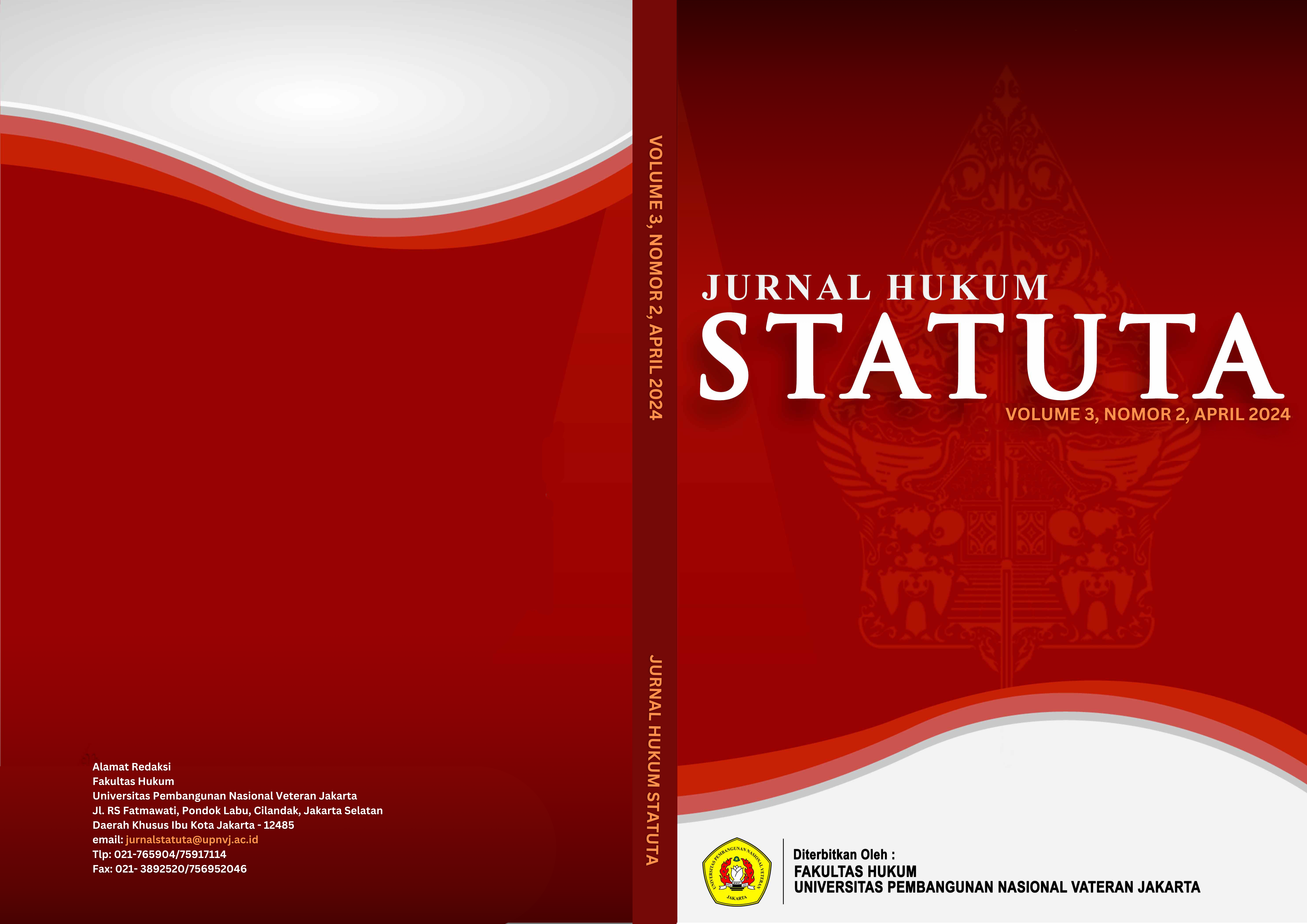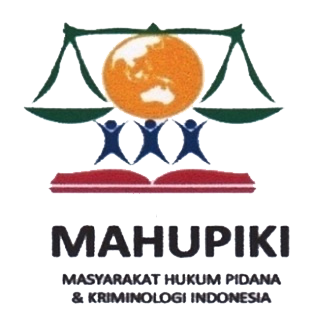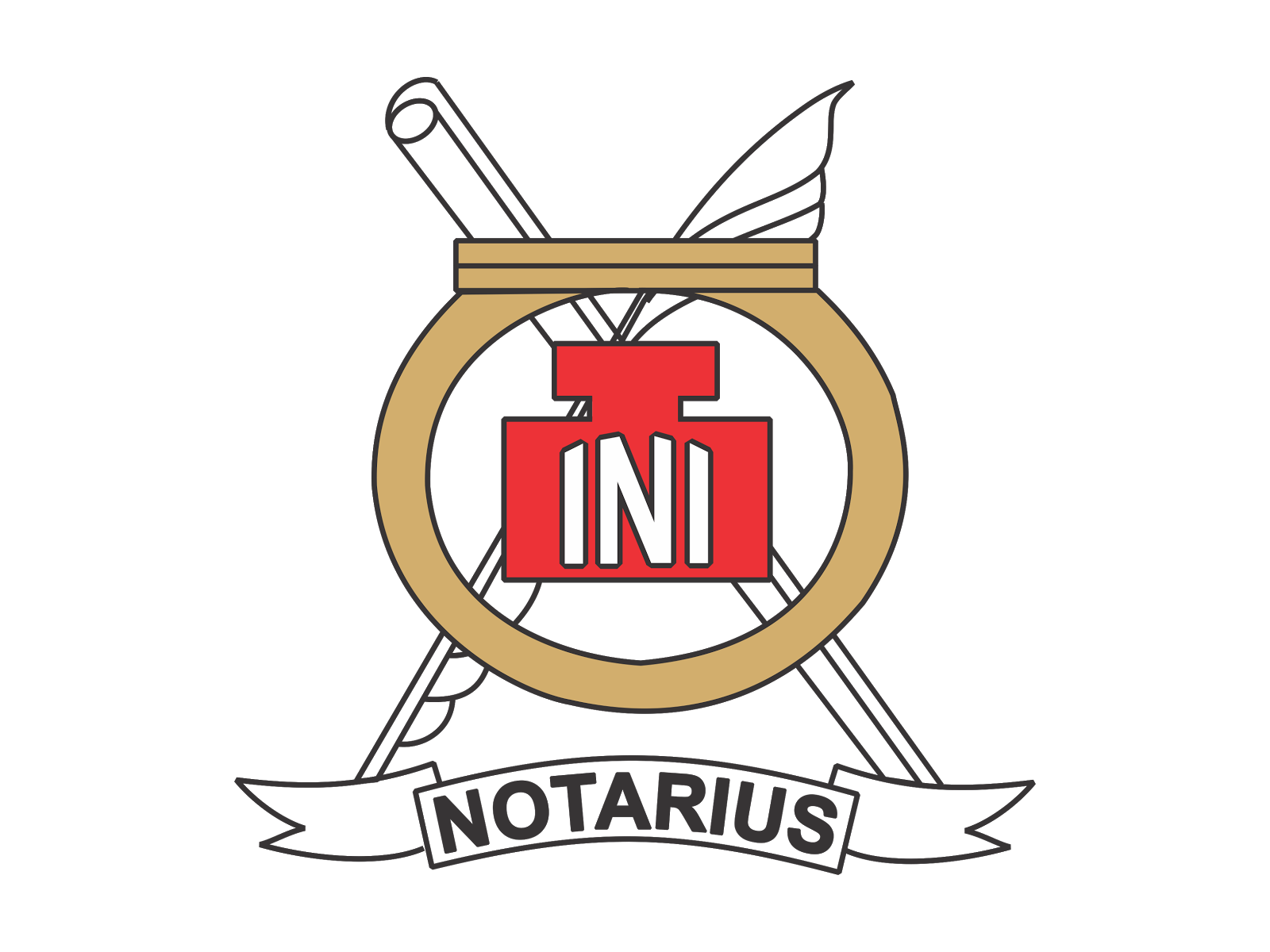Comparative Analysis of the Distribution of Inheritance Assets based on Minangkabau Customary Law and the Civil Code
DOI:
https://doi.org/10.35586/jhs.v3i2.8279Keywords:
Hukum Adat Minangkabau, KUHPerdata, WarisanAbstract
Abstract
This research compares inheritance practices according to Minangkabau customary law and the Indonesian Civil Code (KUHPerdata) using a normative juridical method. Minangkabau customary law follows a collective system based on the maternal lineage (matrilineal), with an emphasis on preserving wealth within the extended family through collective ownership. In contrast, the Indonesian Civil Code adopts a more individualistic approach, classifying the heirs into four categories and granting inheritance rights based on blood and marriage relations, without gender distinction. This comparison reveals fundamental differences in philosophy, classification, distribution system, and determination of heirs between the two legal frameworks. Despite the differences, both systems strive to provide justice in inheritance distribution according to the cultural and positive law contexts.
References
A. Aji Prakoso, “Suku Minangkabau - Sejarah, Agama, Bahasa, Perkawinan, Budaya, Baju Adat & Kuliner”. RimbaKita.com, https://rimbakita.com/suku-Minangkabau/. Diakses pada 23 April 2024.
Adiasih, N. “Penemuan Hukum oleh Hakim dalam Perkara Waris Sesuai Asas Keadilan”. Jurnal Hukum Acara Perdata 4.1 (2018).
Amir Sjarifoedin Tj. A. Minangkabau : Dari Dinasti Iskandar Zulkarnain sampai Tuanku Imam Bonjol. Jakarta: Griya Media Prima, 2014.
Aoslavia, C. “Perbandingan Hukum Waris Adat Minangkabau Sumatera Barat dan Hukum Perdata Barat”. Mizan: Jurnal Ilmu Hukum 10.1 (2021).
Bagir Manan. Sistem Peradilan Berwibawa (Suatu Pencarian). Jakarta: Mahkamah Agung, 2005.
Hendri, A., Syamsuwir, dan Hospi, B. “Pengalihan Harta Pusaka Tinggi Perspektif Hukum Adat dan Hukum Islam (Studi Kasus di Nagari Durian Gadang Kecamatan Sijunjung)”. JISRAH: Jurnal Integrasi Ilmu Syariah 2.1 (2021).
Huma Sarah, “Pelaksanaan Pembagian Harta Warisan berdasarkan Hukum Adat pada Masyarakat Suku Minangkabau di Kota Matsum II Medan”. Skripsi, Universitas Medan Area, 2020.
Idris, M. “Implementasi Hukum Waris Dan Pengajarannya Pada Masyarakat Kec. Poleang Tengah Kab. Bombana (Perbandingan Antara Hukum Adat, Hukum Islam Dan Hukum Perdata)”. Jurnal Al-'Adl 8.1 (2015).
Lubis, A.E.N., Farhan, D.F. “Pengenalan dan Definisi Hukum Secara Umum (Literature Review Etika)”. Jurnal Ilmu Manajemen Terapan 2.6 (2021).
Madani, S. R., Gilang, S. “Praktik Waris Adat Minangkabau dan Implikasinya Terhadap Hukum Positif”. Kultura: Jurnal Ilmu Hukum, Sosial, dan Humaniora 1.6 (2023).
Murniwati, R., Zefrizal N., Z. dan Anton, R. “Penyelesaian Sengketa Tanah Harta Pusaka Tinggi yang Sudah Disertifikatkan Melalui KAN Koto Tuo Balai Gurah Agam Sumatera Barat”. Jurnal Sumatera Law Review 4.1 (2021).
Prasna, A. D. “Pewarisan Harta di Minangkabau Dalam Perspektif Kompilasi Hukum Islam”. Kordinat 17.1 (2018).
Ratnaningsih, Sudjatmiko. “Menakar Nilai Keadilan, Kemanfaatan, Dan Kepastian Hukum Pencegahan Perkawinan Anak”. Journal of Economic and Business Law Review 1.1 (2021).
Wibisono, M.Y. Sosiologi Agama. Bandung: Universitas Islam Negeri Sunan Gunung DJati, 2020.
Wicaksana, D. A., Ridho N. A. “Memahami Prinsip Keadilan dalam Pembagian Warisan Menurut Hukum Islam dan Hukum Adat Minangkabau”. Universitas Pembangunan Nasional Veteran Jawa Timur (2023).
Yuhaldi. “Falsafah Adat Basandi Syarak, Syarak Basandi Kitabullah Dan Implikasinya Dalam Bimbingan dan Konseling”. Jurnal Pendidikan Dan Konseling (JPDK) 4.6 (2022).
Zahro, F., KM, S.P. “Kesetaraan Gender dalam Hukum Kewarisan Islam Perspektif Syahrur. Mahakim: Journal of Islamic Family Law 7.1 (2023).
Downloads
Published
How to Cite
Issue
Section
License

This work is licensed under a Creative Commons Attribution-ShareAlike 4.0 International License.
Authors who publish with this journal agree to the following terms:
- Authors retain copyright and grant the journal right of first publication with the work simultaneously licensed under a Creative Commons Attribution-ShareAlike 4.0 International License that allows others to share the work with an acknowledgement of the work's authorship and initial publication in this journal.
- Authors are able to enter into separate, additional contractual arrangements for the non-exclusive distribution of the journal's published version of the work (e.g., post it to an institutional repository or publish it in a book), with an acknowledgement of its initial publication in this journal.
- Authors are permitted and encouraged to post their work online (e.g., in institutional repositories or on their website) prior to and during the submission process, as it can lead to productive exchanges, as well as earlier and greater citation of published work (See The Effect of Open Access).
Jurnal Statuta have CC-BY-SA or an equivalent license as the optimal license for the publication, distribution, use, and reuse of scholarly work.
In developing strategy and setting priorities, Jurnal Statuta recognize that free access is better than priced access, libre access is better than free access, and libre under CC-BY-SA or the equivalent is better than libre under more restrictive open licenses. We should achieve what we can when we can. We should not delay achieving free in order to achieve libre, and we should not stop with free when we can achieve libre.
You are free to:
- Share — copy and redistribute the material in any medium or format
- Adapt — remix, transform, and build upon the material for any purpose, even commercially.
The licensor cannot revoke these freedoms as long as you follow the license terms.

Jurnal Statuta licensed under a Creative Commons Attribution-ShareAlike 4.0 International License.











